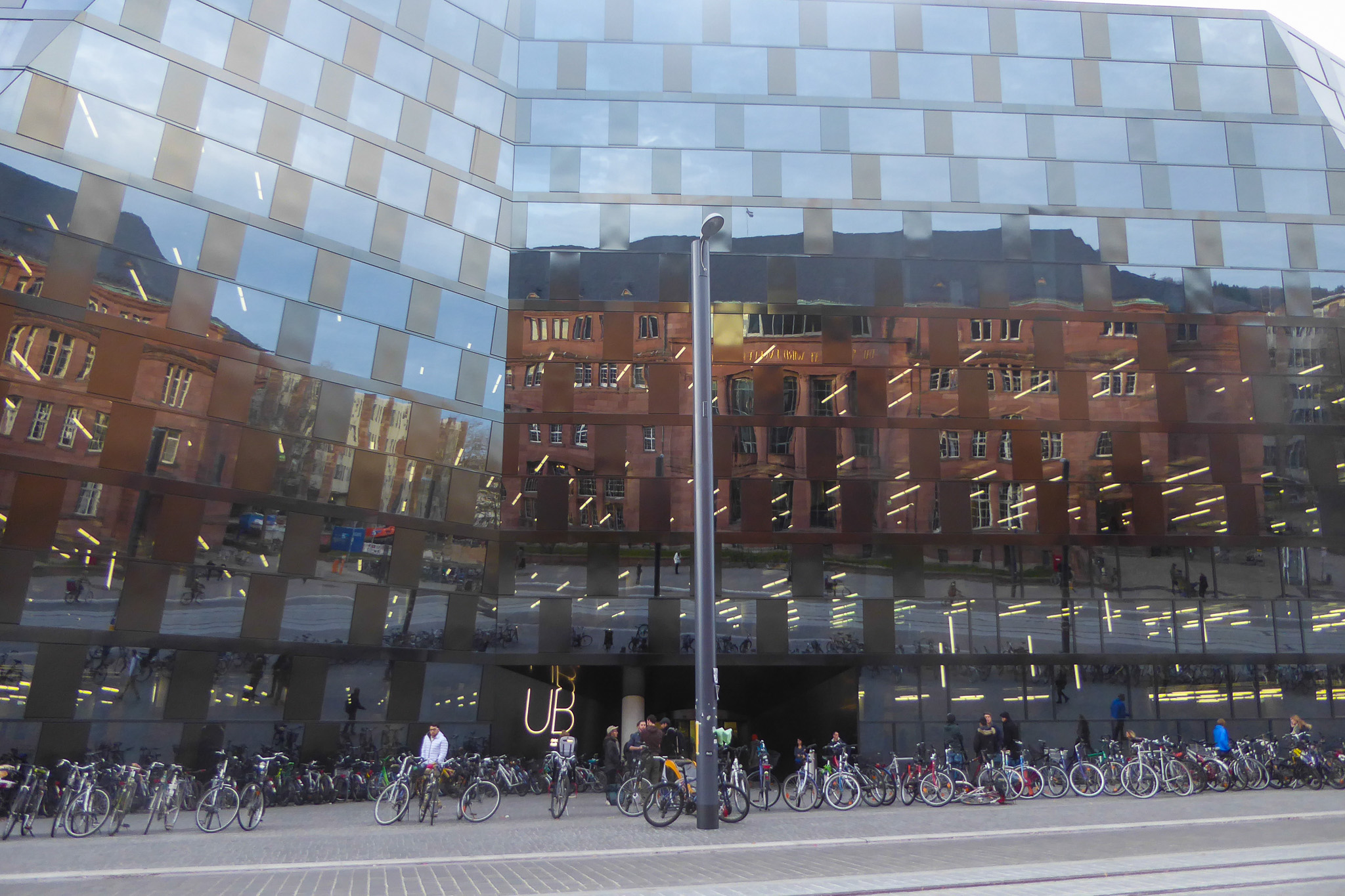After having finished high school, going directly to college may seem like the logical and even only step to take in countries like Spain. However, in other countries like Germany, going on a gap year has become a hot topic. A cultural difference shown in two questions: What are you going to study? v. What are you going to do? And explained through the Erasmus experience of the author.

Have you already decided which degree are you going to get into? This is the top question every Spanish high school student gets asked on a daily basis. This apparently innocent question hides a trap. It assumes that what you have to do after finishing your high school years is directly start a college degree and, if possible, in your home town.
It doesn’t matter whether you have a pretty clear idea or no idea about what you want to do in your life. The so-called “gap years” or sabbatical years are socially considered a waste of time. Spending a year working, doing voluntary work or travelling to learn languages and broaden horizons is seen as an irreparable waste.
This situation does not only happen in Spain, but also in other Mediterranean countries, especially in those where family is valued very strongly and where in the past there weren’t many possibilities of getting into college.
The fact that in these countries other options besides directly starting a degree are not even considered has had a great influence on the fact that a lot of our university students feel a bit lost, studying at university because “it’s what they are supposed to do”, trapped in a degree that they don’t like just because of the pressure of “doing something useful.”
That’s the reason why, when I went on an Erasmus to Germany (a programme that also receives criticism), it was hard for me to make my German flatmates understand that in my country it was normal to start college directly after finishing high school. “How can you be 20 and already be in the middle of your studies? I’m older than you and I’m just starting,” one of them told me at the moment we met. And this type of question became usual at many introductions.
The initial shock led to deeper questions: “How is it possible that young people who are 17 or 18 have to choose their future definitively, without having really experienced and explored the world?”
All of them had already been on at least one gap year before entering college, and my flatmates were just a sample of the situation in Germany. During my stay in the country, I met a lot of German people who could speak Spanish, and most of them had learnt it during their year doing voluntary work in countries like Chile or Mexico. Others had gone around the world or had been working to gain some experience in the most diverse sectors. The question that is asked there to those finishing their high school years is completely different: “What are you going to do?’” The range of possibilities is clearly larger. And this does not only happen in Germany but also in other European countries such as the Netherlands, or especially in Great Britain.

It seems that there is an interesting cultural difference in the conception and management of the higher education. The “gap year” born in the English-speaking world as a result of the 60s’ cultural revolution has had fewer difficulties in getting into the German or Dutch mentality as getting into the Spanish or Portuguese. That might have happened because, at least in Germany, they were already used to starting college a bit later, since their high school lasts a bit longer (13 years instead of the 12 that we have in Spain). In addition, the obligatory military service (and the obligatory civil service) did not stop being mandatory there until 2011, so doing something before university doesn’t seem like something weird or unusual.
I have to admit that when I arrived in Germany (maybe blinded by the thought that everything foreign is better) I couldn’t do anything but be dazzled by the possibility found there to choose among many more options and paths, to be able to change your way without being considered irresponsible. Many of my German friends had ended up studying something completely different from the degree they started at first (from History to Medicine, or from Cultural Management to Primary Teaching) and for them travelling wasn’t just something to do before college: Canada, England, South Africa, and Chile were the destinations for next semester, and I am just talking about my flatmates.
However, during our conversations and chats, some of them admitted that in Germany there is a sort of pressure to go abroad, to do at least a semester somewhere else and somehow not to start college directly after high school. It seems that we as students are under pressure everywhere, even though those pressures and expectations might be contradictory.
The solution would be that, no matter your country, you could choose whatever suits you best. But to achieve that, means and institutional support are needed, something that doesn’t happen everywhere. Despite the existence of different educational systems and traditions, progress should be made to guarantee that each one of us can choose the path that fulfils us.
[crp]



Recent Comments